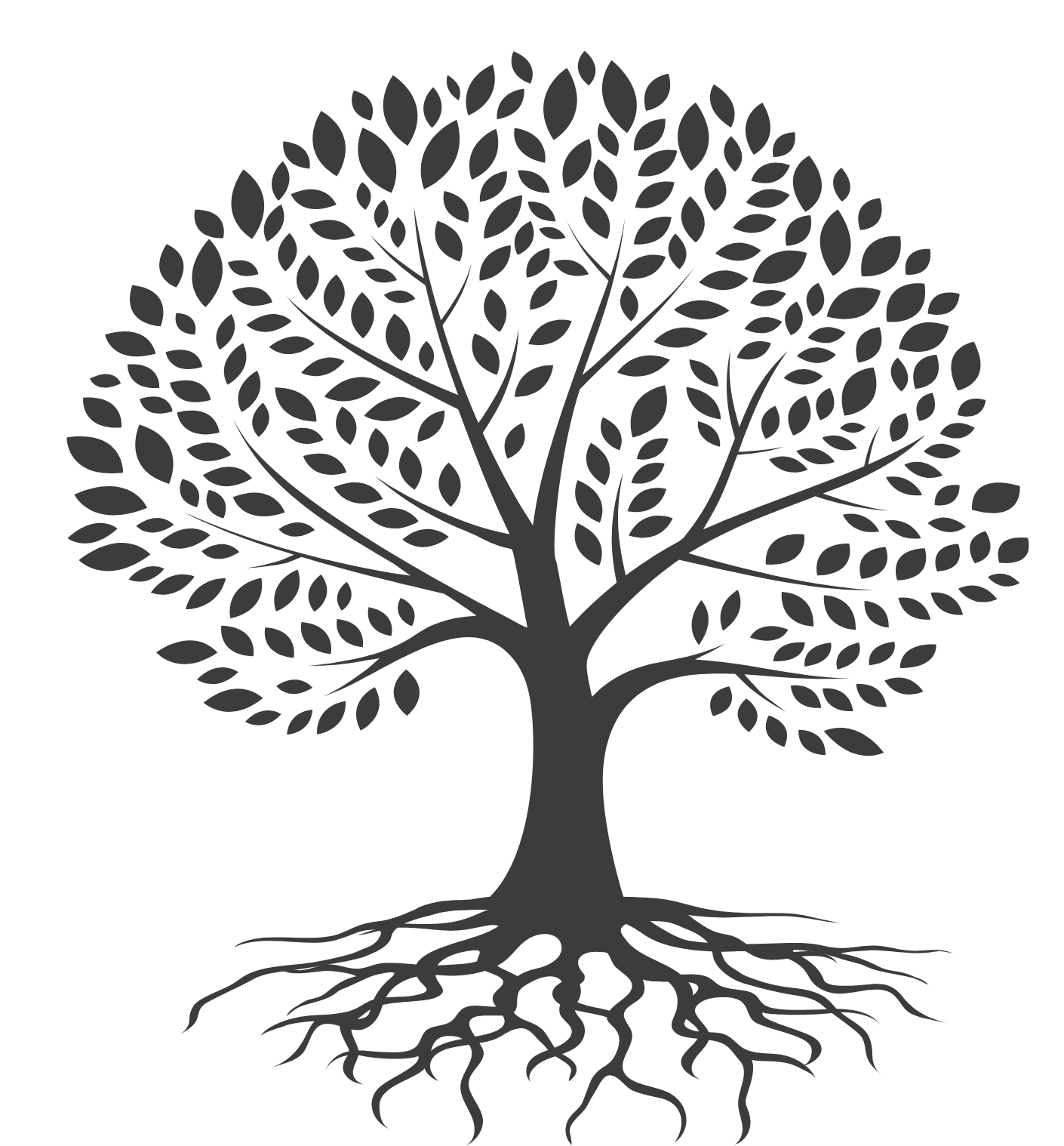There’s something exhilarating about hitting the road, but a genealogy road trip takes the journey to a whole new level. It’s not just a vacation or a sightseeing venture; it’s a pilgrimage into the past, one that connects us to ancestors whose stories are interwoven with the landscapes they called home. When you trace your family history on the very ground they walked, you’re diving deeper than any document or database could take you. Here’s why genealogy road trips should be on every family researcher’s itinerary.
Why Take a Genealogy Road Trip?
First, genealogy road trips are experiential in a way no other form of research can match. Walking through a village where your great-great-grandparents lived, visiting the church where they were baptized, or strolling through the markets where they shopped breathes life into their stories. These trips offer firsthand encounters with landmarks, cultural nuances, and local histories that online sources can only hint at. You get the chance to see, touch, and even smell the environment that shaped their daily lives.
Second, it allows for some spontaneous research moments. You may have access to local archives, libraries, or historical societies filled with records not yet digitized. Many archives welcome visitors with special resources, and local experts often provide insights on local traditions and practices that shaped your ancestors’ experiences.
Planning Your Genealogy Road Trip
Start with a clear focus. Are you visiting multiple regions or focusing on one specific town? Begin by identifying key locations connected to your ancestors, whether those are specific addresses, cemeteries, or historical sites. Research these areas beforehand and compile any documents that could give you direction while on-site.
It’s also wise to reach out to local historical societies or libraries ahead of your trip. Many of these places have dedicated genealogical resources, like family files, local maps, or even donated family histories from other researchers. Some may offer guided tours or direct you to experts who specialize in the area you’re researching.
Packing Essentials for a Genealogy Road Trip
Every road trip needs a good checklist, but a genealogy road trip has its own must-haves. Here are a few items to keep in mind:
- Portable Scanner or Smartphone: For scanning documents, photographs, and maps you may find.
- Family Tree Printouts and Notebooks: Keep these handy for quick reference or to note down any unexpected discoveries.
- Portable Wi-Fi: If you’re headed into rural areas, this can be a lifesaver for pulling up additional information on the go.
- Snacks and Hydration: Because, let’s face it, it’s easy to get caught up in the excitement and forget to eat!
Making the Most of Each Location
When you arrive, take time to fully immerse yourself. Walk through the streets your ancestors may have strolled, notice the architectural styles, and talk to locals who may have insights about the area’s history. Snap photos of everything, from the oldest buildings to the countryside views; these images will provide context and memories for future family members, capturing the environment of your family story.
If possible, visit during local festivals or cultural events, as these often provide a deeper look into the traditions and values that influenced your ancestors. Attend a local service if it aligns with your family’s religious background, as this can be both a respectful homage and a way to understand the community on a more personal level.
Creating Lasting Connections
A genealogy road trip isn’t just about tracing the past; it’s also an opportunity to build connections. Meeting distant relatives, if you’ve coordinated ahead, can turn these trips into family reunions, deepening the shared experience. Local genealogy groups or historians can also become valuable resources for future research.
In the end, a genealogy road trip is a deeply personal journey that redefines what it means to “go home.” It’s an exploration of culture, a celebration of history, and a chance to reclaim parts of your identity often lost in time. So, map out your family history, pack your bags, and start your journey – the open road awaits!



Comments ()